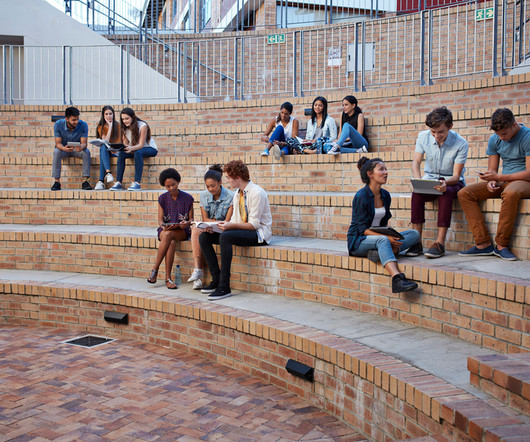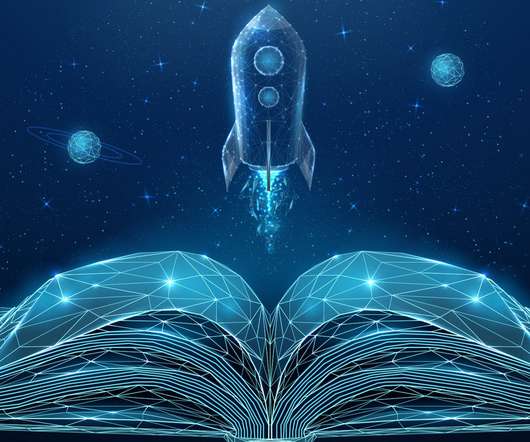How Blockbuster MOOCs Could Shape the Future of Teaching
Edsurge
JUNE 19, 2018
They’re essentially self-help courses grounded in some serious body of knowledge, and their topics are similar to self-help books that dominate print best-seller lists. Laurie Santos, a professor of psychology at Yale, recorded lectures for her Science of Well-Being MOOC in her home. Some 100,000 signed up for the MOOC version.












Let's personalize your content